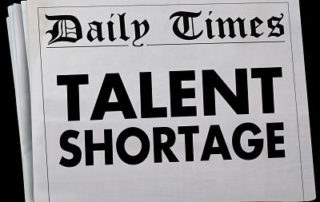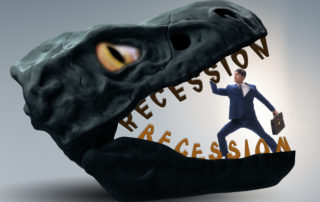Are You Reaching or Connecting With Potential Clients?
"Thanks for joining my network, Tom! I noticed you work for a recruiting agency. Have you heard about the NEW LinkedIn lead generation?? Let us bring recruited prospects to you on auto-pilot. If you would like to receive an infographic on how it works, please let me know and I'll send it your way. [...]









